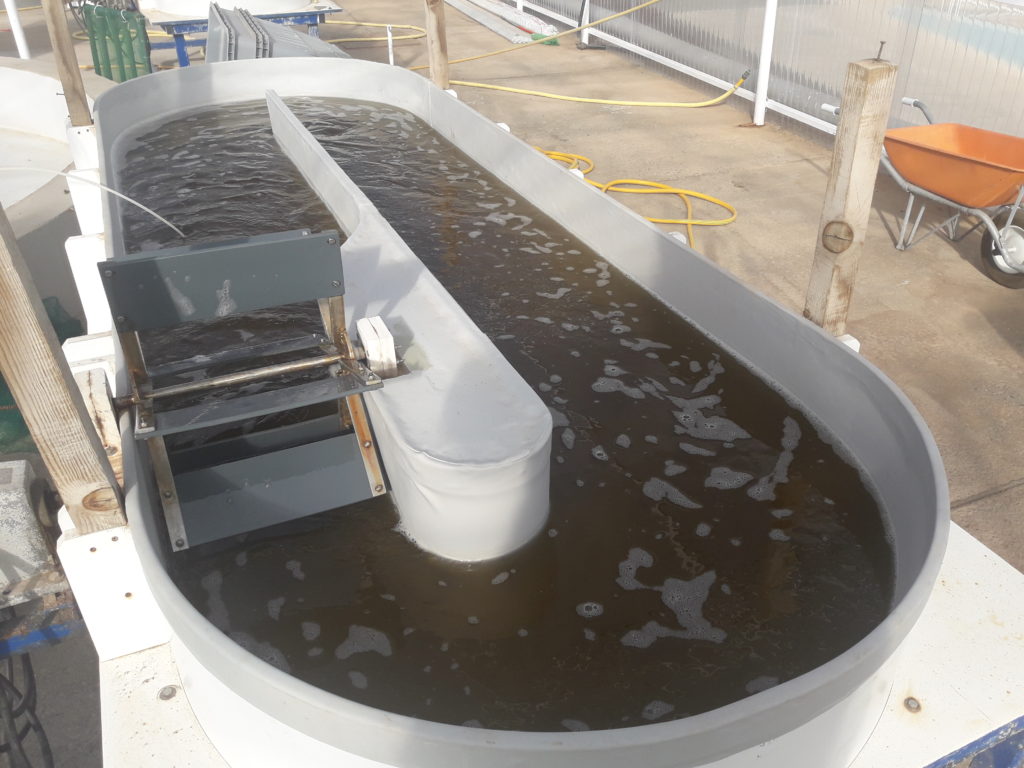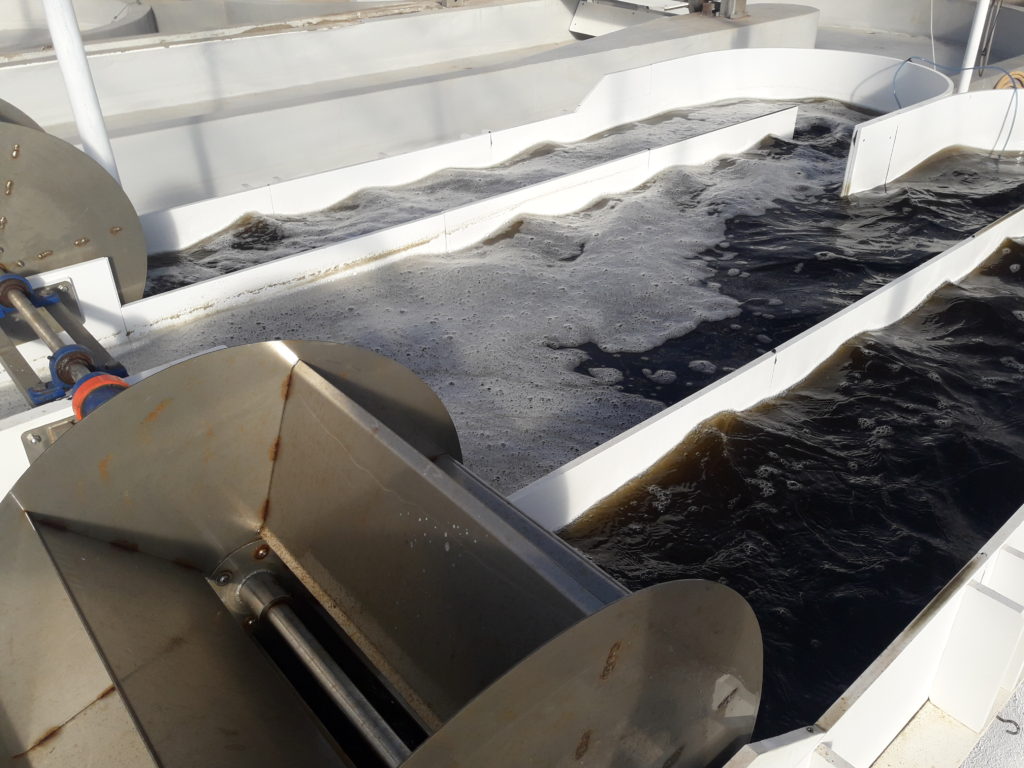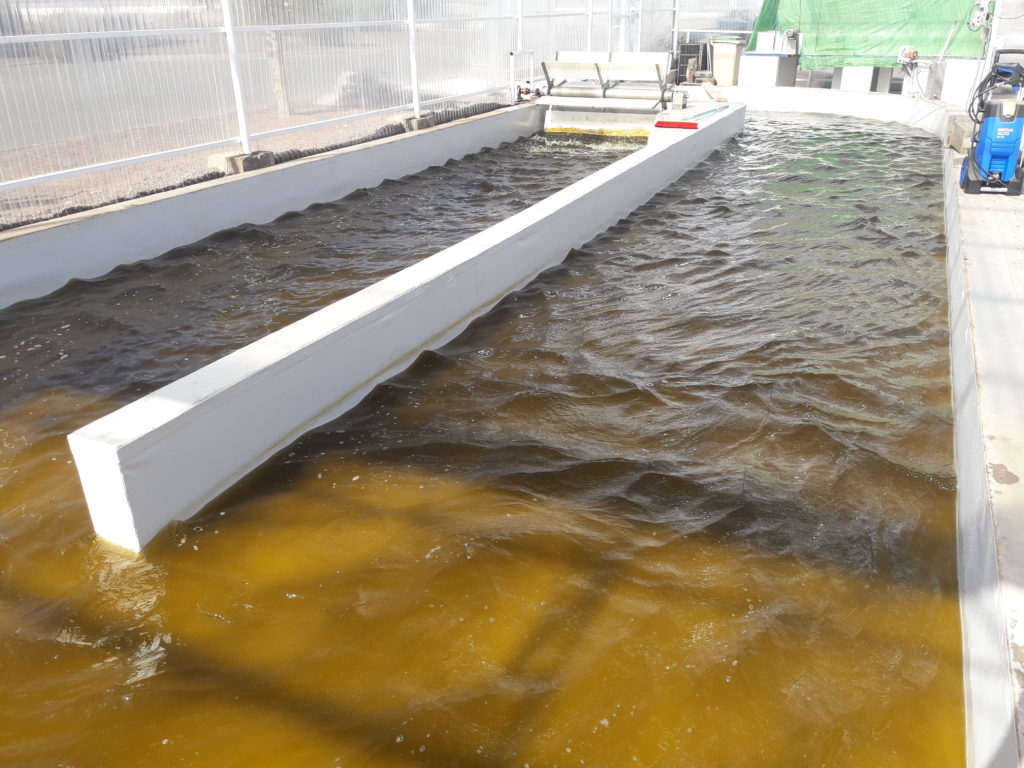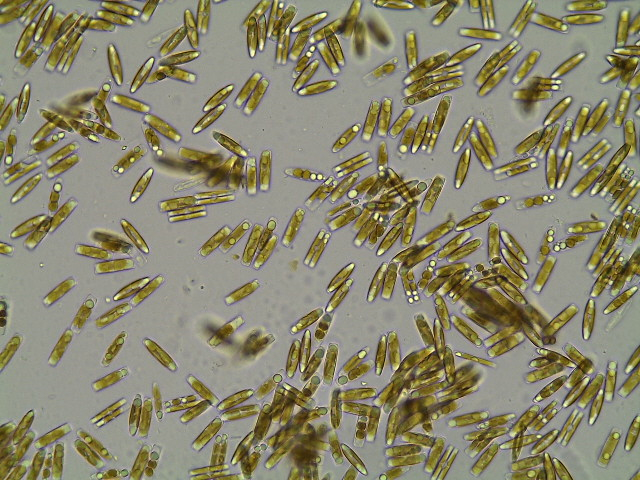A2.1.2: PRACTICAL DEMONSTRATION OF NAVICULA SALINICOLA PRODUCTION FOR THE EXTRACTION OF FUCOXANTIN AND OTHER APPLICATIONS
DESCRIPTION:
Nowadays, the supply of natural fucoxanthin for commercial purposes is mostly based on two species of macroalgae that are grown in China (Undaria and Laminaria). In recent years, there has been a great demand for this pigment due to the benefits it brings to human and animal health. At present, this demand cannot be fully covered by macroalgae, due to their low fucoxanthin content per gram of biomass and to the inefficient extraction processes. The production of microalgae rich in fucoxanthin is a more cost-effective alternative, ensuring higher quality, reliability and sustainability, compared to the cultivation of marine macroalgae. The native strain Navicula salinicola (ITC, Canary Islands) presents a considerable content of fucoxanthin (ALGABIOMAC project), and performs well when cultivated in desalination waste waters. However, it is necessary to test new culture systems as an alternative to the classic paddlewheels-equipped raceways, since the paddlewheels do not permit to avoid deposition on the bottom of the tanks.
EXPECTED RESULTS
- Successful testing of an innovative cultivation system for benthic microalgae/diatoms
- Temporary productivity trials in these new cultivation systems by using waste waters or brine from desalination plants
- Testing the ability to increase fucoxanthin contents through the adjustment of solar radiation collection systems
- Optimization of fucoxanthin analytical techniques in algae/diatoms
- Pilot experience of the use of diatoms in the extractive industry and evaluation of possible difficulties due to their thick siliceous cell wall
- Pilot experience of the use of Navicula in fish diets
- Bioactivity studies
- Viability study on waste recovery
- With these results in hand, tutoring, technological transfer and know-how agreements with companies
PARTICIPANTS
University of Science, Technology and Medicine (USTM, Mauritania), Universidad de Las Palmas de Gran Canaria, Universidade da Madeira, Algalimento S.L., NaturExtracts S.A., Fundación Canaria del Instituto Canario de Investigación del Cáncer (FICIC),Universidad de La Laguna, Instituto Canario de Investigaciones Agrarias, Universidade dos Açores (UAc), Fundação Gaspar Frutuoso, Instituto Tecnológico de Canarias, CEAMEDSA







